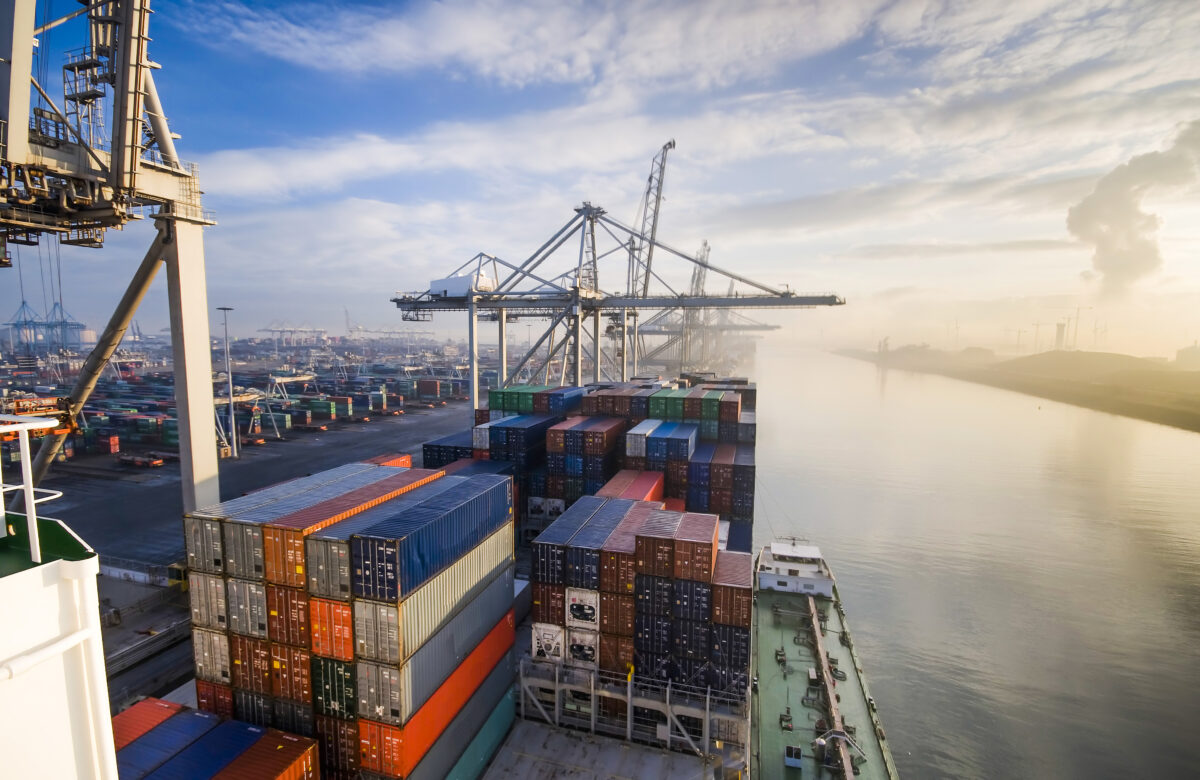The Hessian Finance Court has once again found that breaches of customs obligations and the resulting customs debt would not automatically result in the creation of the import sales tax (EUSt). It thus shares the ECJ’s view that, if the EUSt is to be generated, there must at least be a risk that goods could enter the economic cycle of a Member State. The tax court has now submitted the question to the European Court of Justice as to which concrete requirements are to be made regarding the risk of a product entering the economic cycle.
In the specific case, the goods were to be transported by air from the USA, Mexico and Israel via Germany to Greece. Irregularities were found in the presentation and onward transport of the goods. Specifically, the Greek authorities were able to record increases and decreases in volumes of consignments. Even the discrepancies that occurred were sufficient for the German customs administration to accept the risk of the goods entering the economic cycle.
View of the German customs administration: an automatism
So far, the German customs administration is of the opinion that the incurrence of a customs debt, for example due to a customs violation, would automatically result in the incurrence of import sales tax and collects duties in appropriate constellations, even without the actual import of goods in a Member State. It is based on a provision of the Value Added Tax Act (UStG) according to which the provisions on customs duties would apply mutatis mutandis to the import turnover tax. This can lead to high costs, particularly for importers of goods from third countries into the Union in the event of breaches of customs legislation.
The ECJ has so far made it clear in its case-law that if a customs debt is incurred due to a breach of duty under customs law, an additional examination of the origin of the import sales tax would be required. The creation of the import turnover tax would in principle be linked to the actual import of goods into the corresponding Member State. An import is only possible if goods are released for free circulation under customs and tax law or are no longer subject to a customs procedure.
ECJ ruling eagerly awaited
The ECJ’s ruling on the matter is therefore eagerly awaited. It is not yet possible to estimate which degree of danger of entry into the economic cycle of goods will be considered sufficient for the creation of the import sales tax, and whether any breach of customs law will lead to the incurrence of the import sales tax. The decision becomes important for everyone who imports goods into a Member State of the Union without being entitled to deduct input tax himself. Forwarders and carriers in particular are usually not, so the import sales tax remains with them as real damage. Until the decision of the European Court of Justice, careful attention should in any case be paid to compliance with customs regulations. Otherwise, in the event of breaches of duty, not only the incurrence of import duties but also the incurrence of import sales tax is threatened.
Our customs lawyers answer your questions about import sales tax.
Dieser Artikel wurde am 8. August 2018 erstellt. Die fachliche Zweitprüfung hat Rechtsanwalt Dr. Tristan Wegner durchgeführt.

